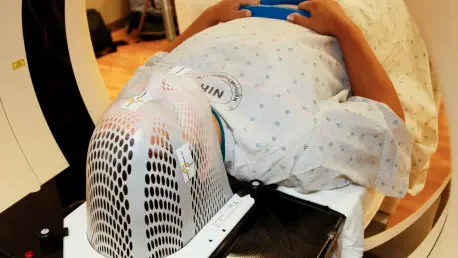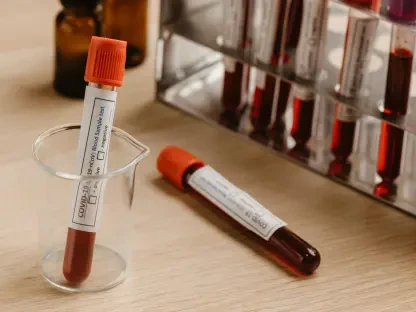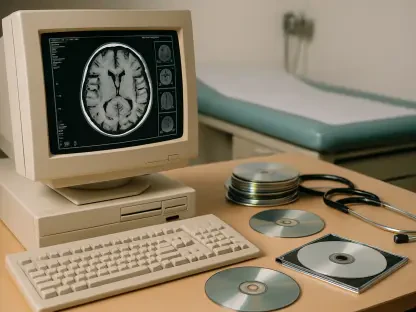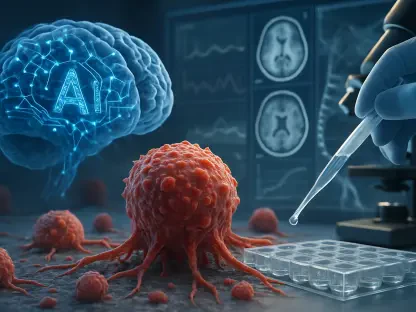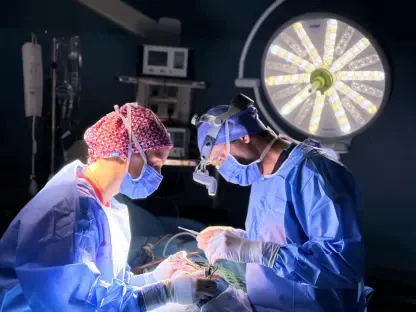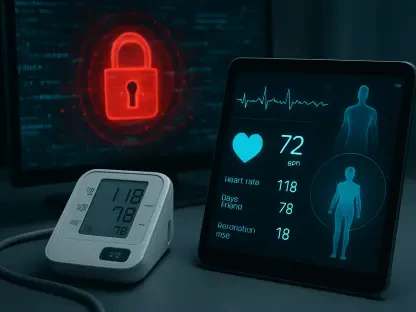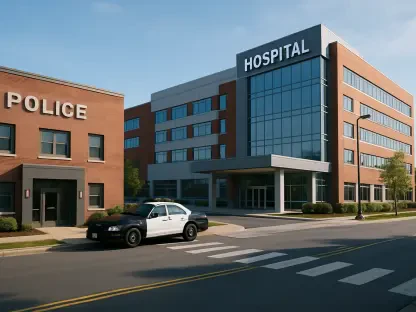In the ongoing battle for fair and accessible healthcare, one significant issue has taken center stage: the need for localized cancer treatment services in Donegal, Ireland. At the heart of this movement is Roseena Toner, a dedicated cancer care campaigner and leukemia survivor. She has become a powerful advocate for enhancing cancer services at Letterkenny University Hospital (LUH). Despite the personal health challenges she has faced, her commitment remains unwavering as she organizes protests to highlight the crucial need for a dedicated cancer unit in Donegal. This effort is aimed at alleviating the burden for local patients who currently endure long journeys to other treatment centers. This struggle brings to light the broader issue of regional disparities in Ireland’s healthcare system, where centralized resources often neglect remote communities.
The Fight for Localized Cancer Services
Current Challenges Faced by Patients
Cancer patients in Donegal face significant obstacles, not the least of which is the need to travel hundreds of kilometers to receive essential treatment. This journey is not merely a matter of inconvenience; it presents substantial physical and emotional challenges at a vulnerable time for patients and their families. Such travel can contribute to feelings of isolation and exacerbate the difficulties of managing a severe illness. The centralization of cancer services in places like University Hospital Galway only adds to the emotional strain, as patients must contend with both health issues and distance from essential support networks.
Patients have voiced their concerns about inequities in cancer care access. These challenges are magnified by the lack of adequate local facilities, raising questions about the equitable distribution of healthcare resources across Ireland. The new surgical hub planned for Sligo has fueled further frustration, with critics questioning why similar investments are not being made in LUH. Cancer care advocates argue that such disparities violate the principle of equitable healthcare access, leaving Donegal’s residents at a disadvantage.
Community Advocacy and Government Response
At the forefront of the push for local cancer services, Roseena Toner’s campaign, supported by local politicians like Councillor Joy Beard of the 100% Redress Party, highlights the pressing demand for change. Councillor Beard emphasizes the physical and emotional toll of lengthy travel for cancer patients, demanding investment in facilities that could mitigate these issues. Her comments reflect ongoing challenges at LUH, including long A&E wait times and inadequate staffing levels in oncology/hematology units, which delay crucial treatments.
Despite a meeting with LUH management, the process of securing funding from authorities such as Saolta and the Department of Health remains arduous. Campaigners insist that persistent advocacy is necessary to overcome bureaucratic obstacles. The collective voice of Donegal aims to prompt governmental action, urging policymakers to prioritize the healthcare needs of their local population. By addressing these inequities, there’s hope for an improved healthcare system that honors the needs of all its citizens.
Broader Implications for Ireland’s Healthcare
Regional Disparities in Healthcare
The situation in Donegal underscores a broader issue that plagues Ireland’s healthcare system—regional disparities in service provision. Areas like Donegal, geographically isolated and less populated, often suffer from resource centralization, leading to a two-tier healthcare system where urban centers receive more robust support than rural locales. This imbalance is a longstanding issue, echoing concerns that have been voiced across the country. The absence of equitable healthcare distribution has repercussions not only for cancer treatment but across various medical fields, impacting patient outcomes and quality of life.
There are calls for a strategic overhaul of Ireland’s healthcare resource distribution and planning. Proponents of change argue for a more localized approach, ensuring rural communities have adequate access to necessary healthcare services. Such reform requires commitment and collaboration across various levels of government and healthcare administration. Only a concerted effort can bridge the gap between rural and urban healthcare, fostering a truly national system that serves all its citizens equitably.
The Role of Public Pressure in Driving Change
Public advocacy plays a crucial role in shaping healthcare policies and practices. Movements like Roseena Toner’s have the power to effect real change by drawing attention to inadequacies and demanding action from authorities. In this context, public pressure is not merely a tool for raising awareness but a driving force behind policy shifts and the allocation of funds. Campaigns that highlight specific local issues have the potential to resonate on a national scale, influencing broader healthcare reforms.
The ongoing struggle faced by Donegal serves as a reminder of the power of grassroots campaigns. The continued push for localized cancer treatment is a testament to the community’s resilience and determination. While challenges remain, the collective efforts of campaigners, supported by public opinion and political advocacy, are likely to play a crucial role in shaping the future of healthcare in Donegal and beyond. The hope remains for an equitable system that prioritizes local needs and delivers timely, compassionate care to all patients.
The Future of Healthcare in Donegal
Building a Path Toward Equitable Care
Addressing the disparities in Donegal’s cancer treatment services requires a multifaceted approach that balances immediate needs with long-term reforms. Efforts to engage policymakers and secure necessary funding are crucial first steps. Establishing a dedicated cancer unit at LUH, along with enhancing existing infrastructure, could alleviate the travel burdens faced by patients. Moreover, improving staffing levels and reducing wait times would significantly enhance patient care and outcomes.
Expanding local services would not only benefit cancer patients but also serve as a blueprint for addressing similar healthcare inequities nationwide. Effective implementation would call for strategic planning and investment from government health bodies, aligning resources to meet regional health demands. By setting a precedent for fair and accessible healthcare, such initiatives could inspire further efforts to eliminate disparities across Ireland’s healthcare landscape.
The Long-Term Vision for Donegal and Beyond
Cancer patients in Donegal encounter significant hurdles, primarily due to the necessity of traveling long distances, often hundreds of kilometers, to receive crucial treatment. This journey isn’t just inconvenient; it poses serious physical and emotional challenges during a highly sensitive period for both patients and their families. Such travel can intensify feelings of isolation and amplify the difficulty of managing a severe illness. Centralizing cancer services in locations like University Hospital Galway adds emotional strain, as it requires patients to balance health challenges while being far from vital support networks.
Many patients have expressed concerns about inequities in accessing cancer care. These issues are exacerbated by the absence of sufficient local facilities, prompting debates about the fair allocation of healthcare resources throughout Ireland. The announcement of a new surgical hub in Sligo has intensified frustrations, with critics questioning the lack of similar investments in LUH. Advocates for cancer care emphasize that these disparities undermine the principle of fair healthcare, placing Donegal residents at a clear disadvantage.
